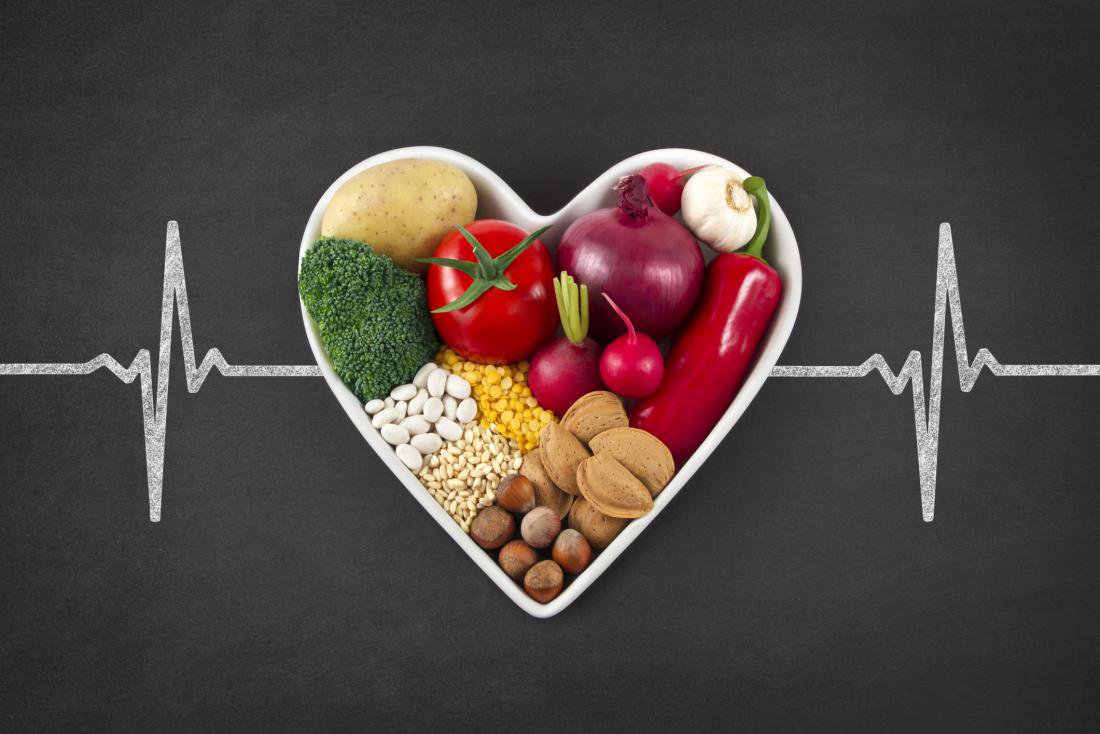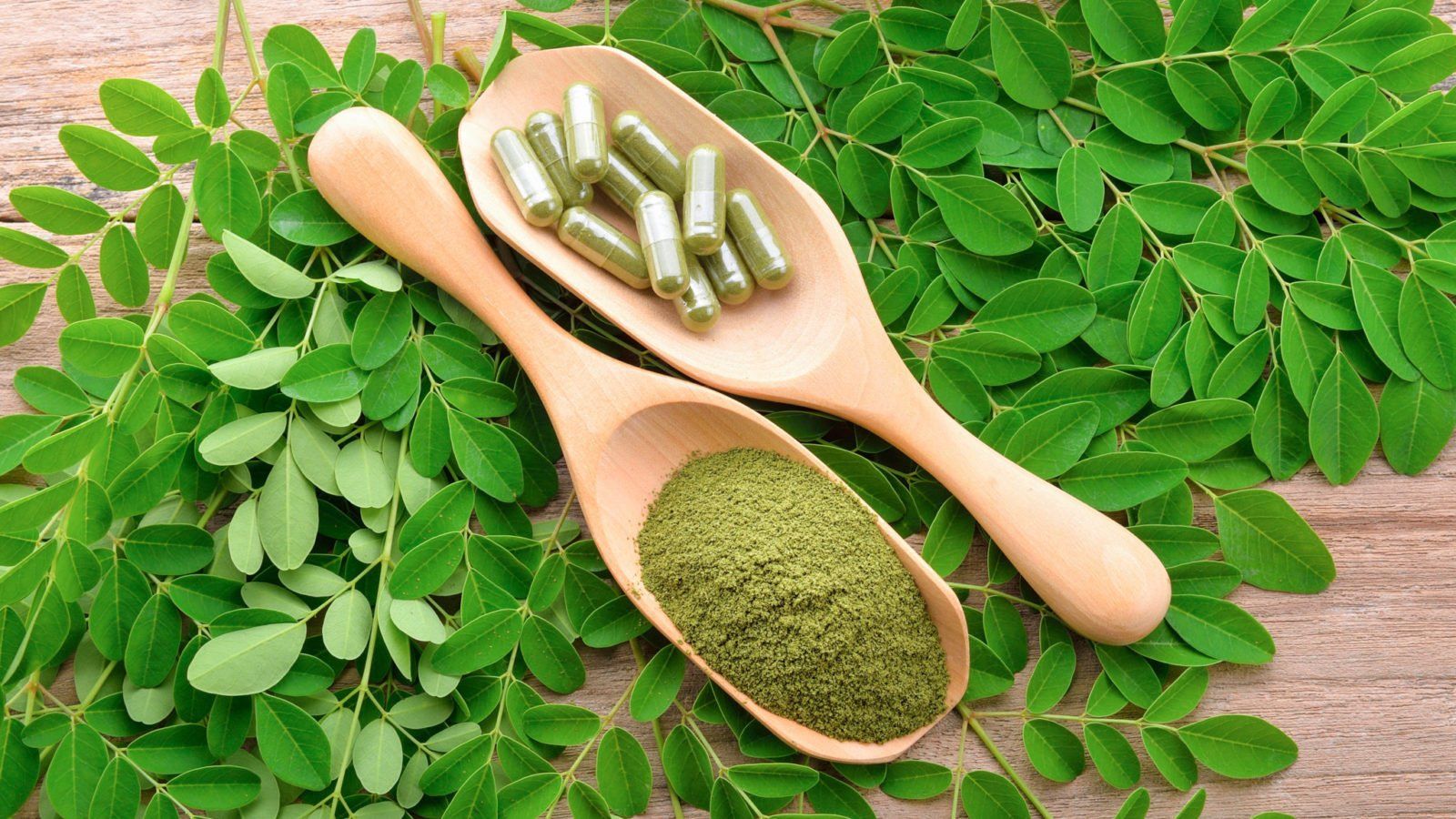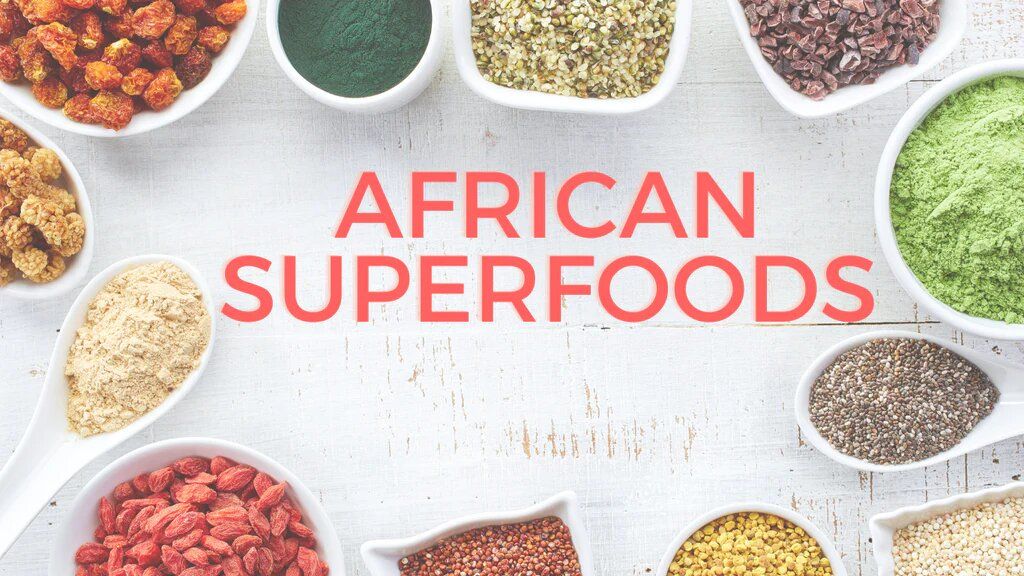Vitamin B12 Food Essentials: How to Incorporate Them into Your Daily Diet for Optimal Health!
Are you over 20 and looking to boost your health through your diet? Vitamin B12 is a crucial nutrient and incorporating it into your daily diet can have significant benefits. In this comprehensive guide we'll explore the best Vitamin B12 food sources how to ensure you're getting enough each day and tips for both omnivores and those on a plant-based diet. Let’s embark on this journey to optimal health through smart dietary choices!
Vitamin B12 plays a vital role in brain function nerve tissue health and the production of red blood cells. A deficiency can lead to anemia and neurological issues. This section will highlight why ensuring adequate daily intake of Vitamin B12 is crucial for maintaining optimal health.
Top Vitamin B12 Food Sources
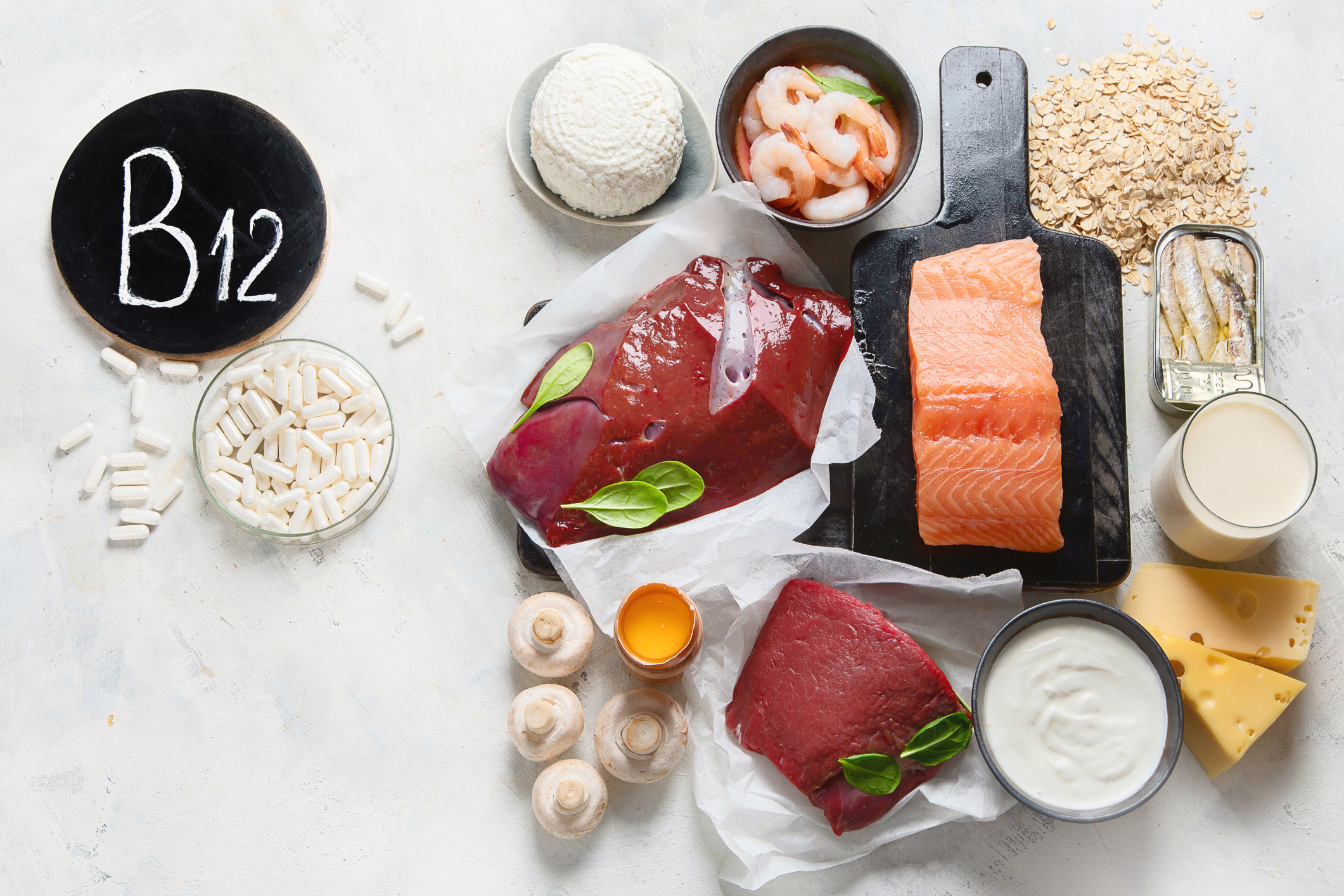
Discovering the top food sources of Vitamin B12 is crucial for anyone looking to enhance their diet for better health. Predominantly found in animal products Vitamin B12 is essential for nerve function red blood cell formation and energy metabolism. This section will guide you through a variety of rich and accessible sources ranging from meats and seafood to dairy and eggs. Each of these categories offers diverse options ensuring that you can enjoy a range of flavors while meeting your nutritional needs. Whether you're a meat-lover pescatarian or a dairy enthusiast this guide will provide valuable insights into how to enrich your diet with Vitamin B12.
a. Animal-Based Sources
- Meat and Poultry: Discover which types of meat and poultry are richest in Vitamin B12.
- Seafood: Explore seafood options like fish and shellfish that are excellent Vitamin B12 sources.
b. Dairy and Eggs
- Milk and Cheese: Learn about the variety of dairy products that can boost your Vitamin B12 intake.
- Eggs: Find out how eggs can be a versatile and nutritious source of Vitamin B12.
Incorporating Vitamin B12 into a Plant-Based Diet
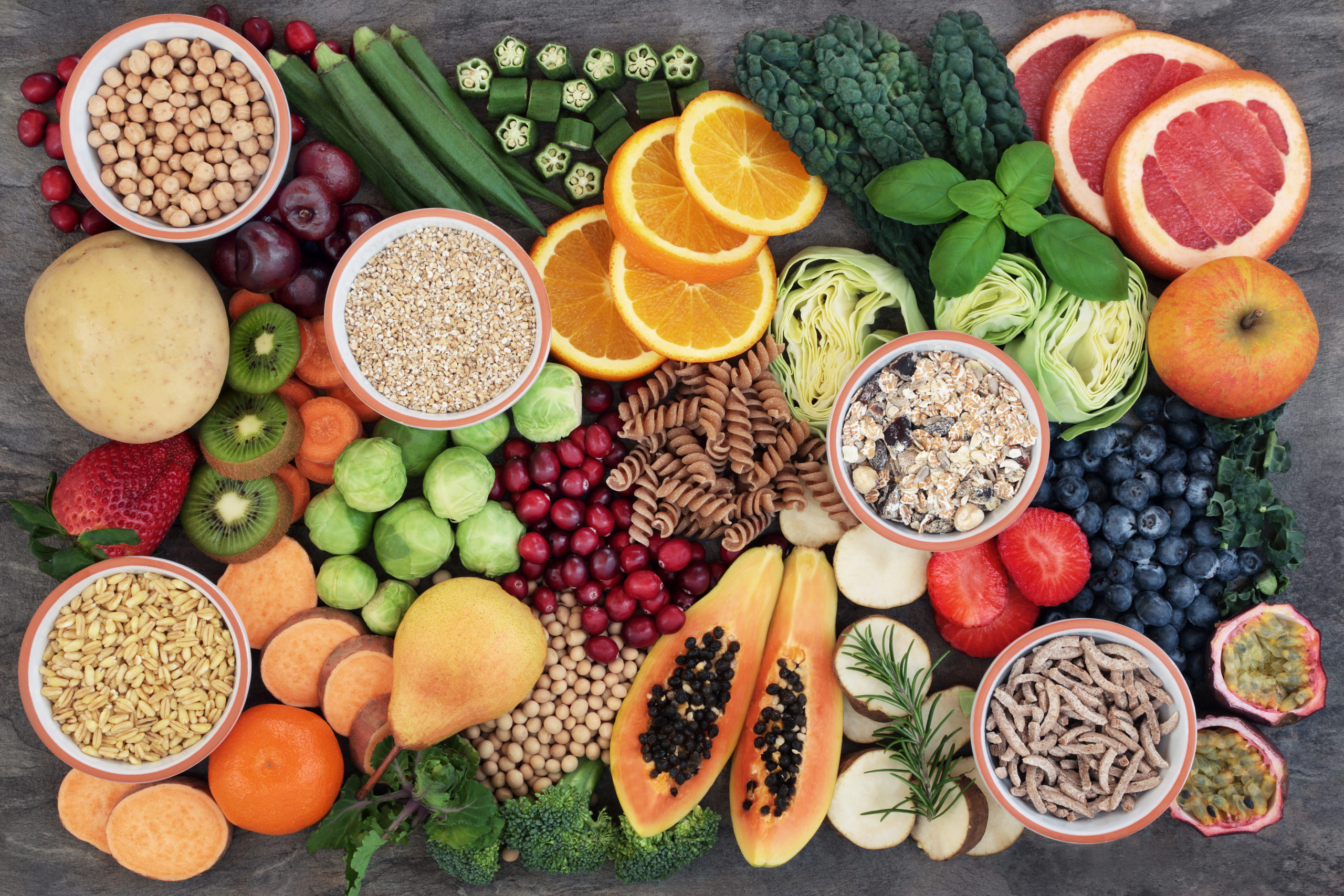
Navigating a plant-based diet while ensuring adequate Vitamin B12 intake can seem challenging but it's entirely feasible with the right knowledge. As Vitamin B12 is naturally present in animal products vegetarians and vegans need to be more strategic in their dietary choices. This section is dedicated to exploring plant-based options that are either naturally rich in or fortified with Vitamin B12. From nutritional yeast to fortified plant milks and cereals we'll delve into a variety of delicious and nutritious plant-based foods and supplements that can help maintain optimal Vitamin B12 levels keeping your diet balanced and healthful.
While Vitamin B12 is primarily found in animal products those on a plant-based diet have options too. This section will delve into:
- Fortified Foods: Identifying plant-based products fortified with Vitamin B12.
- Supplements: Discussing the best supplements for vitamin B12 for those on a vegan or vegetarian diet.
Daily Intake of Vitamin B12: How Much Do You Need?
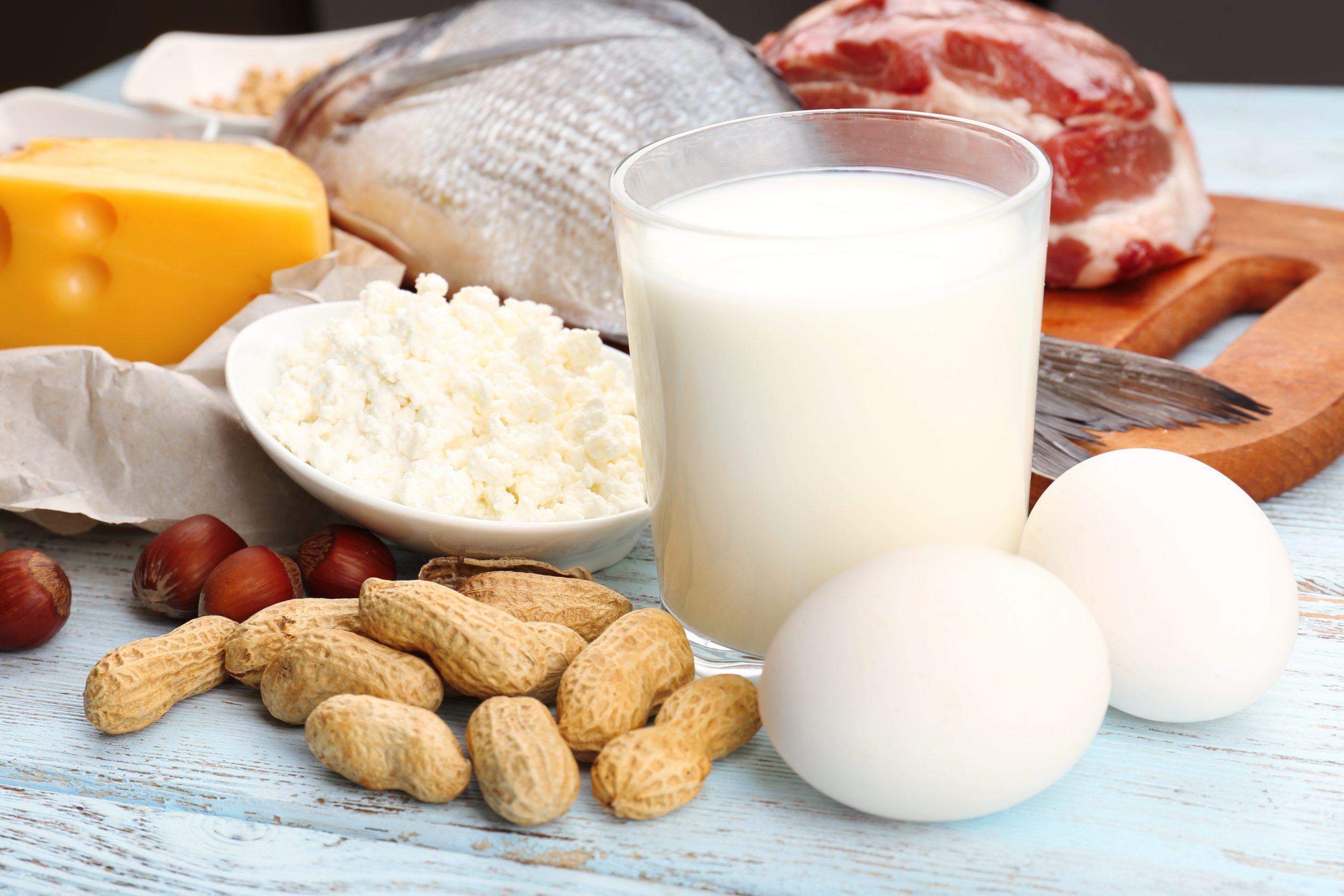
Understanding the recommended daily intake of Vitamin B12 is key to maintaining health. This part of the article will cover the recommended amounts for different age groups and lifestyles including pregnant and breastfeeding women. Understanding the daily intake requirements of Vitamin B12 is key to optimizing your health. This essential nutrient plays a pivotal role in various bodily functions and its deficiency can lead to significant health issues. In this section we will break down the recommended daily allowances of Vitamin B12 for different age groups lifestyles and dietary needs. Whether you're a young adult pregnant over 50 or following a plant-based diet you'll find tailored guidance on how to ensure your Vitamin B12 intake meets your body's needs. This knowledge will empower you to make informed dietary choices and maintain your health at its peak.
Creative Recipes to Boost Your Vitamin B12 Intake
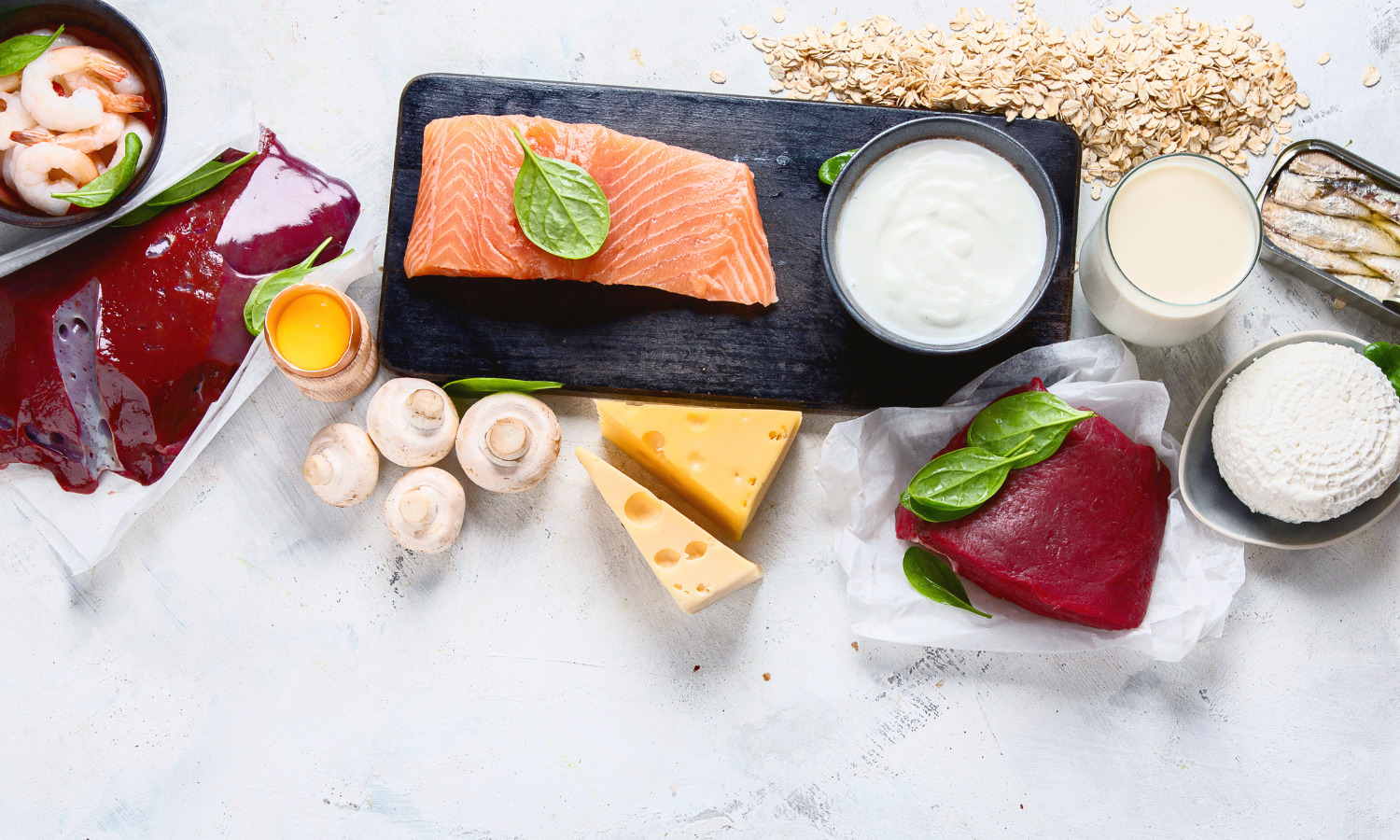
Get inspired with delicious and easy-to-prepare recipes that are rich in Vitamin B12. This section will provide meal ideas for breakfast lunch and dinner ensuring you effortlessly include this vital nutrient in your daily diet. Eating foods rich in Vitamin B12 doesn't have to be boring or repetitive. This section is all about infusing creativity and flavor into your meals while boosting your Vitamin B12 intake. We'll share a collection of innovative and mouth-watering recipes that are not only rich in this essential nutrient but also easy to prepare. From hearty breakfasts and nourishing lunches to delectable dinners these recipes will cater to a variety of tastes and dietary preferences. Whether you're a skilled cook or a beginner in the kitchen these recipes are designed to be both enjoyable and beneficial making it simple and delightful to include more Vitamin B12 in your daily diet.
The Synergy of Vitamin B12 with Other Nutrients
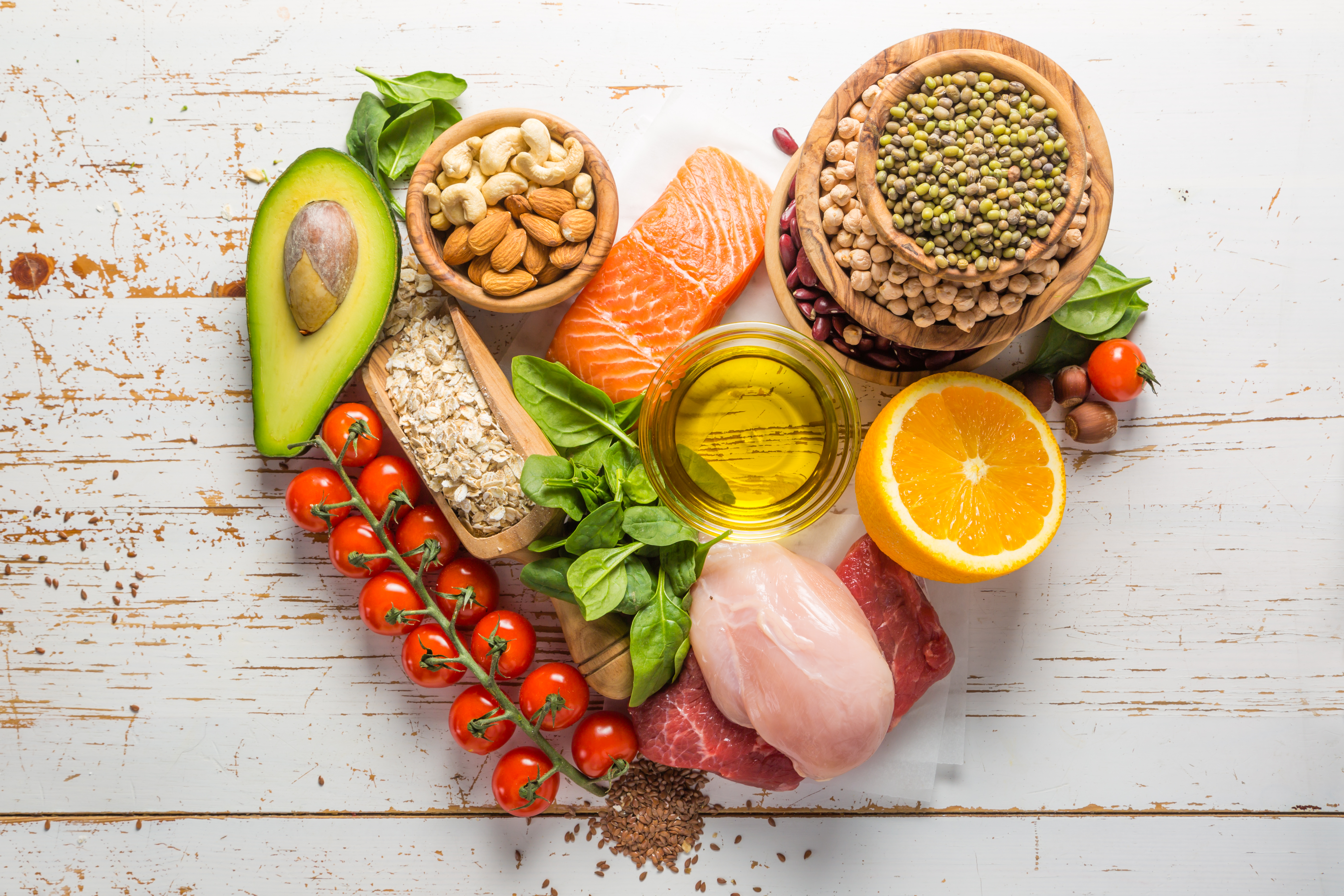
Vitamin B12 is known for its vital role in maintaining nerve health and aiding in the production of DNA and red blood cells. However its effectiveness is significantly enhanced when paired with other nutrients particularly folate (Vitamin B9) and Vitamin B6.
- B12 and Folate: These two vitamins work together in the process of DNA synthesis and red blood cell formation. They also play a crucial role in homocysteine metabolism which when imbalanced can increase the risk of heart diseases.
- B12 and Vitamin B6: Alongside B12 and folate Vitamin B6 is a key player in controlling homocysteine levels. It also aids in the production of neurotransmitters.
- Food Pairings: To maximize these benefits include a balanced mix of foods rich in these nutrients in your diet. Foods rich in B12 include fish meat poultry eggs and dairy products. Leafy greens fruits and nuts are good sources of folate and B6.
Debunking Myths About Vitamin B12
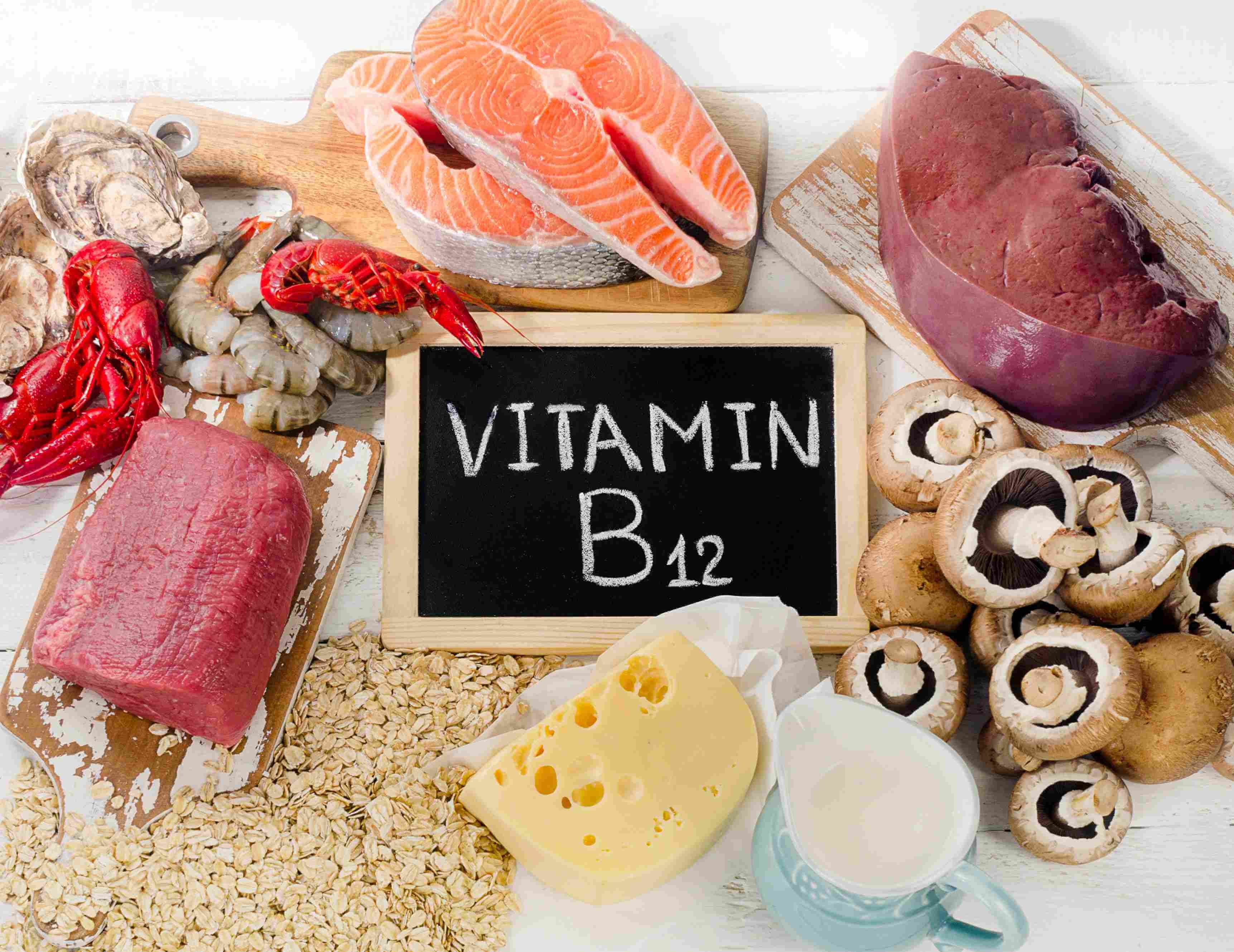
There are several myths surrounding Vitamin B12 which can lead to confusion about its importance sources and absorption.
- Only Non-Vegetarians Need B12 Supplements: While it's true that B12 is commonly found in animal products vegetarians and especially vegans can be at risk of B12 deficiency and may need supplements.
- More B12 Means More Energy: B12 helps in energy production but taking more than your body needs doesn’t necessarily boost energy levels.
- Oral B12 Supplements Aren't Effective: Oral supplements can be as effective as injections for most people in correcting B12 deficiency.
Identifying and Addressing Vitamin B12 Deficiency
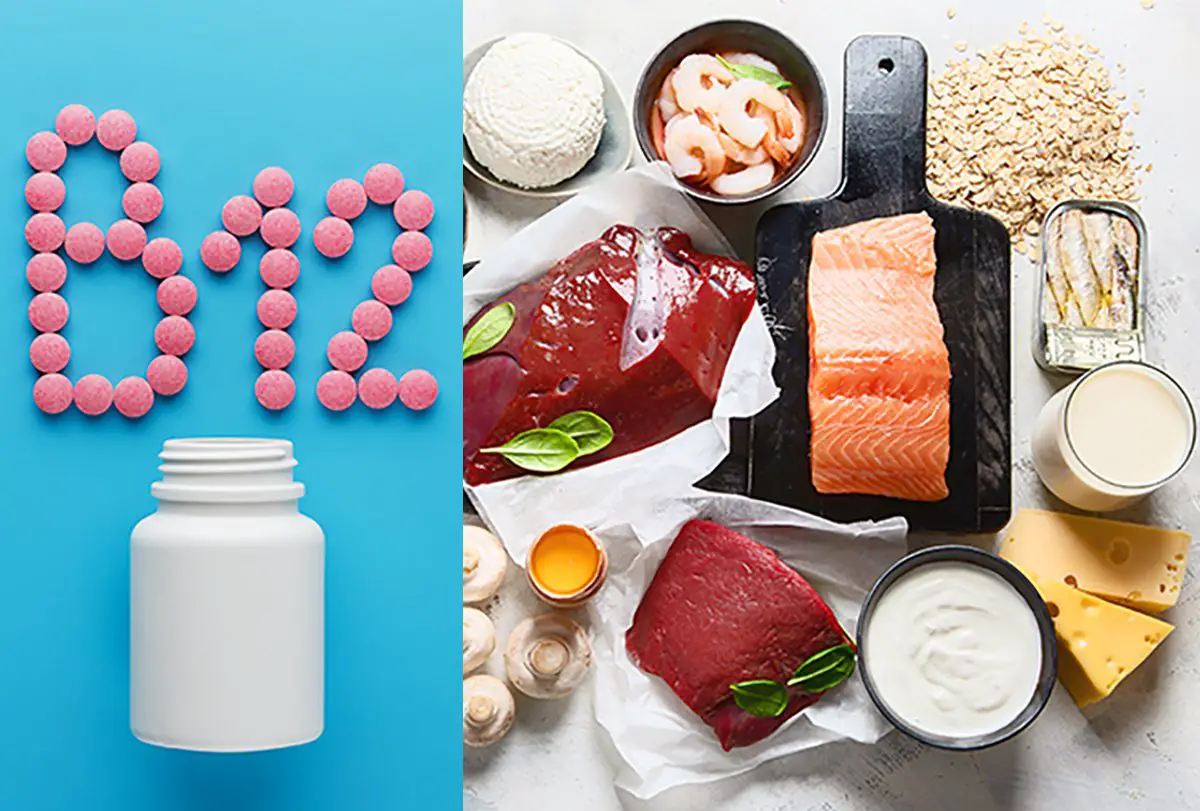
Recognizing the early signs of Vitamin B12 deficiency is crucial for preventing long-term health issues.
- Symptoms: These include fatigue weakness constipation loss of appetite weight loss and neurological changes like numbness and tingling in the hands and feet.
- Addressing Deficiency: If you suspect a deficiency consult a healthcare provider. Dietary changes or supplements can effectively restore normal B12 levels.
- Medical Advice: In cases of severe deficiency more aggressive treatment like high-dose supplements or injections may be required.
Vitamin B12 for Athletes and Fitness Enthusiasts
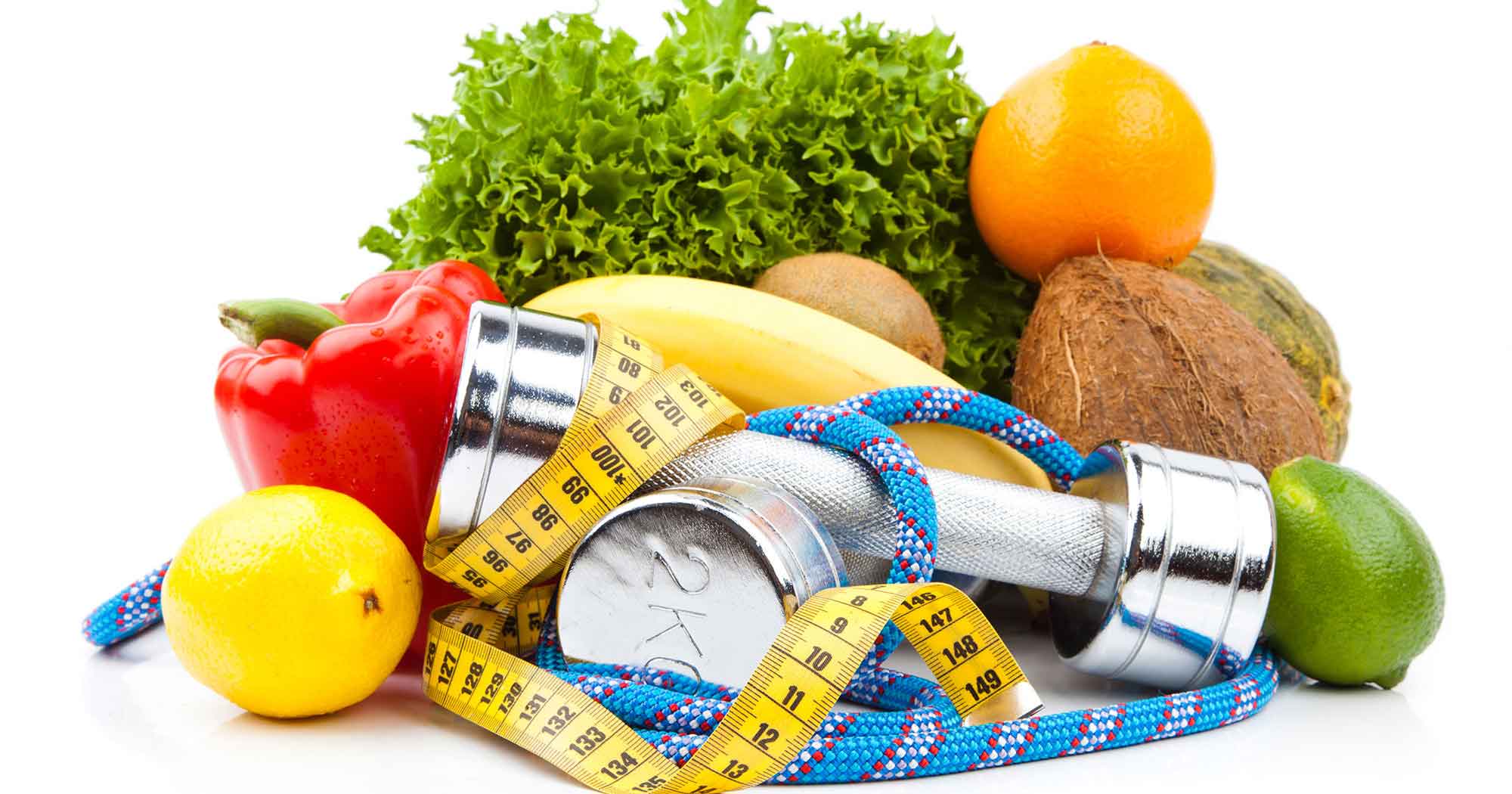
For athletes and fitness enthusiasts Vitamin B12 plays a significant role in various aspects of health and performance.
- Energy Metabolism: B12 is essential for converting carbohydrates into glucose the body's primary energy source during exercise.
- Muscle Repair: It supports the production of red blood cells which carry oxygen to the muscles aiding in repair and recovery.
- Endurance: Adequate B12 levels can contribute to improved endurance by enhancing red blood cell production and reducing fatigue.
By understanding the synergy of B12 with other nutrients debunking common myths recognizing deficiency signs and acknowledging its importance in fitness individuals can make informed decisions about incorporating Vitamin B12 into their dietary regimen for optimal health and performance.
Vitamin B12 Supplements: What to Look For
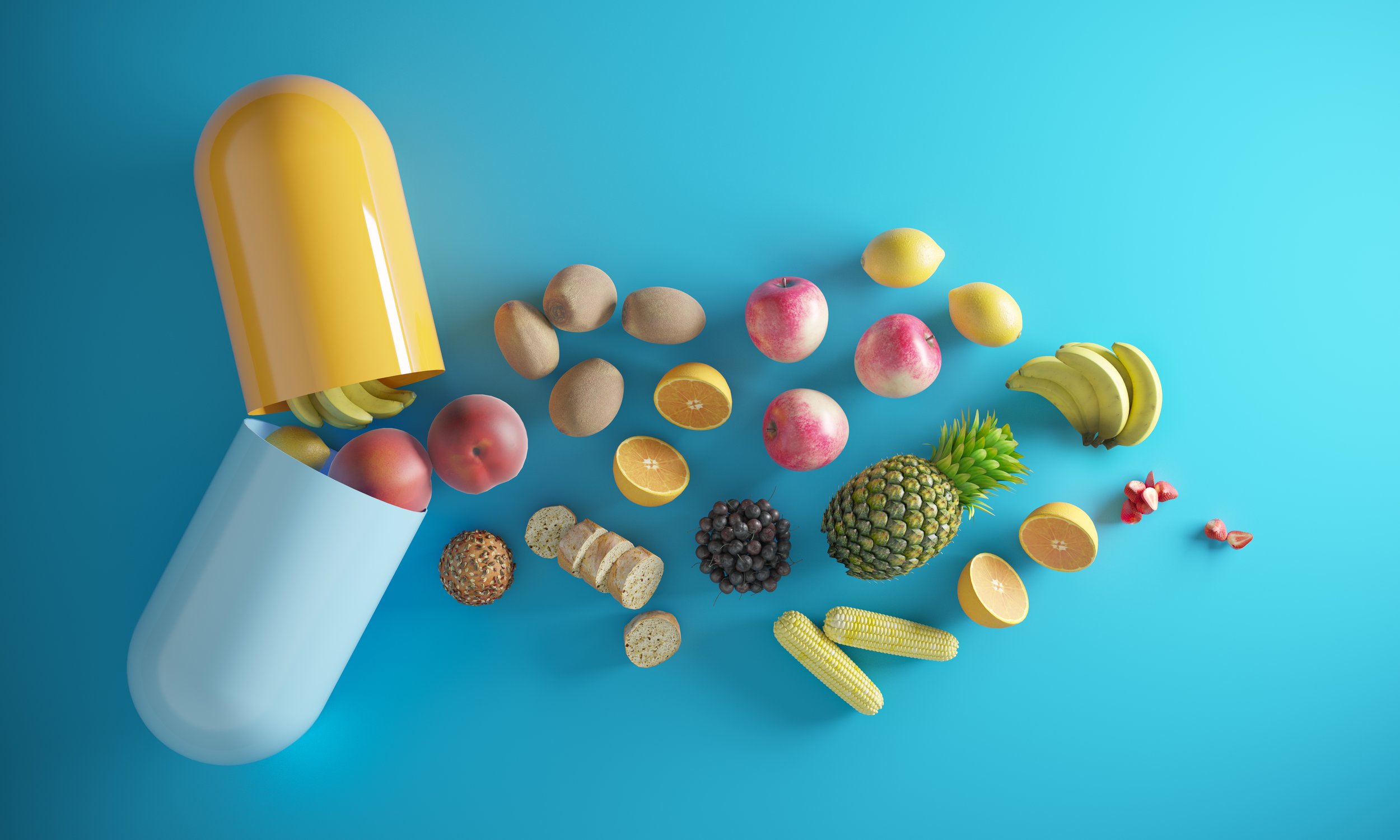
Vitamin B12 is a crucial nutrient that plays a vital role in many bodily functions including nerve function and the production of DNA and red blood cells. It's especially important for vegetarians vegans and older adults who are at a higher risk of deficiency. When selecting a Vitamin B12 supplement there are several key factors to consider ensuring you get the most benefit from your supplement.
Form of Vitamin B12:
- Types: Vitamin B12 supplements come in several forms including cyanocobalamin methylcobalamin and hydroxocobalamin. Cyanocobalamin is the most stable and affordable form but methylcobalamin and hydroxocobalamin are more readily absorbed by the body.
- Consideration: Choose a form that suits your body’s needs and absorption capabilities.
Dosage:
- Amount: The recommended daily intake varies depending on age dietary habits and medical conditions.
- Guidance: Consult with a healthcare provider to determine the appropriate dosage for your specific needs.
Supplement Quality and Brand Reputation:
- Certifications: Look for supplements that have been tested and certified by third-party organizations for purity and potency.
- Brand Trust: Opt for brands with a good reputation and positive customer reviews.
Ingredient Purity and Additives:
- Check for Additives: Some supplements contain additives or preservatives that may not be necessary. Choose supplements with minimal and safe additives.
- Allergens: Ensure the supplement is free from common allergens like gluten dairy and soy if you are sensitive.
Delivery Method:
- Options: Vitamin B12 supplements are available in various forms such as tablets capsules liquid drops and sublingual (under-the-tongue) formats.
- Personal Preference: Choose a delivery method that fits your lifestyle and ease of use. Sublingual and liquid forms are often more easily absorbed.
Vegetarian/Vegan-Friendly:
- Source: Ensure the supplement is vegan or vegetarian if you follow these diets as some B12 supplements are derived from animal sources.
Interactions with Other Medications:
- Consult Healthcare Providers: It's important to discuss with a healthcare provider if you are taking other medications as Vitamin B12 can interact with certain drugs.
Cost and Value:
- Budget: Compare prices and choose a supplement that offers a good balance between cost and quality.
Packaging and Storage:
- Stability: Look for packaging that protects the supplement from light and air as B12 can be sensitive to environmental factors.
Health Conditions and Personal Needs:
- Specific Requirements: Certain health conditions may require different forms or dosages of Vitamin B12. Tailor your choice to match any specific health concerns or dietary restrictions.
Conclusion
Incorporating Vitamin B12 into your daily diet is a key step toward optimal health. Whether you’re an omnivore vegetarian or vegan there are numerous ways to ensure you’re getting enough of this essential nutrient. From delicious food sources to the right supplements maintaining adequate Vitamin B12 levels can support your overall well-being and prevent deficiency-related health issues. Start making these nutritious choices today and feel the difference in your health and energy levels! Remember your diet is a powerful tool in maintaining and enhancing your health. With the right information and a little creativity ensuring sufficient Vitamin B12 intake can be both enjoyable and beneficial. Embrace the journey to better health by making Vitamin B12 a staple in your daily diet!

